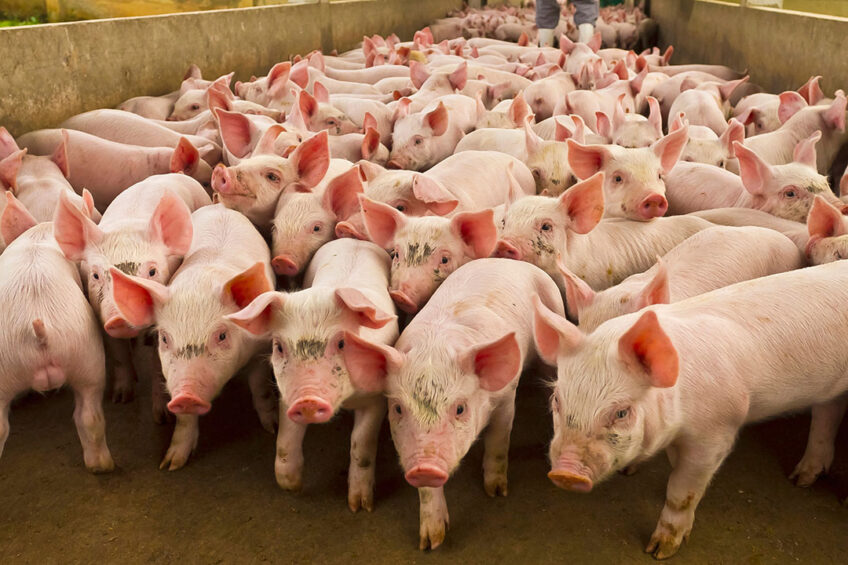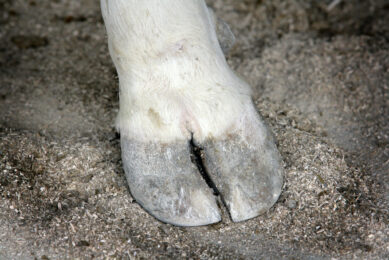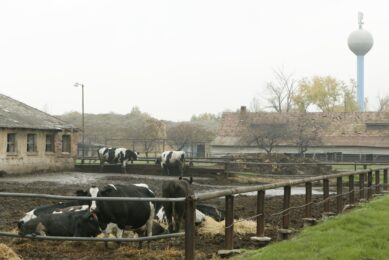New funding for US Wean-to-Harvest Biosecurity Programme

Several US pork organisations announced a new round of funding for research projects related to their Wean-to-Harvest Biosecurity Programme.
New research projects will further support the investigation of cost-effective and innovative technologies and protocols within the wean-to-finish phases of pork production. The Swine Health Information Center (SHIC), with the Foundation for Food & Agriculture Research and Pork Checkoff launched the 2-year programme in the fall of 2022. This was partly a result of the SHIC Board of Directors reallocating budget funds last year, as well as significantly changing its “Plan of Work” priorities.
The first round of projects launched in March 2023 and the second started this summer. A pool of approximately US$ 2.3 million is available for the programme, with about $ 1 million already awarded to the fist round of projects. Possible topics include alternatives to traditional truck washing, including cleaning and disinfection of trailers without water or without heating after initial water cleaning. Artificial intelligence or other novel technologies are also being investigated for the purposes of monitoring and evaluating biosecurity compliance. Mortality management and industry barriers to biosecurity adoption/compliance are also a focus.
Programme initiation
SHIC has noted for many years that wean-to-harvest biosecurity is an important issue. Back in 2013, when Porcine Epidemic Diarrhoea (PED) outbreaks occurred in the US, SHIC concluded that the US pork industry was not prepared to contain the disease. Over time, focusing on wean-to-harvest biosecurity emerged as a good course to help prevent or prepare for the next emerging disease or the introduction of a foreign animal disease like ASF.
SHIC-funded disease monitoring reports show breeding herd outbreaks of PED and PRRS tend to follow outbreaks in wean-to-harvest sites. In addition, the SHIC Rapid Response Team’s investigations of an Actinobacillus pleuropneumoniae (App) outbreak in the Midwest exposed deficiencies of wean-to-harvest biosecurity in the area that contributed to the disease spread.
Also, a recently published paper from a SHIC-funded project details how pigs negative for PRRS and PED placed on wean-to-finish sites become infected after placement.
Sharing results, with patience in mind
SHIC notes that the work to improve wean-to-finish biosecurity “will not be simple and could take some time to complete making it urgent to start as soon as possible.” Due to anticipated seasonal effects and differences in costs and abilities to implement biosecurity, some projects will probably take at least a year to complete. However, SHIC says “significant preliminary results will be shared immediately.”











